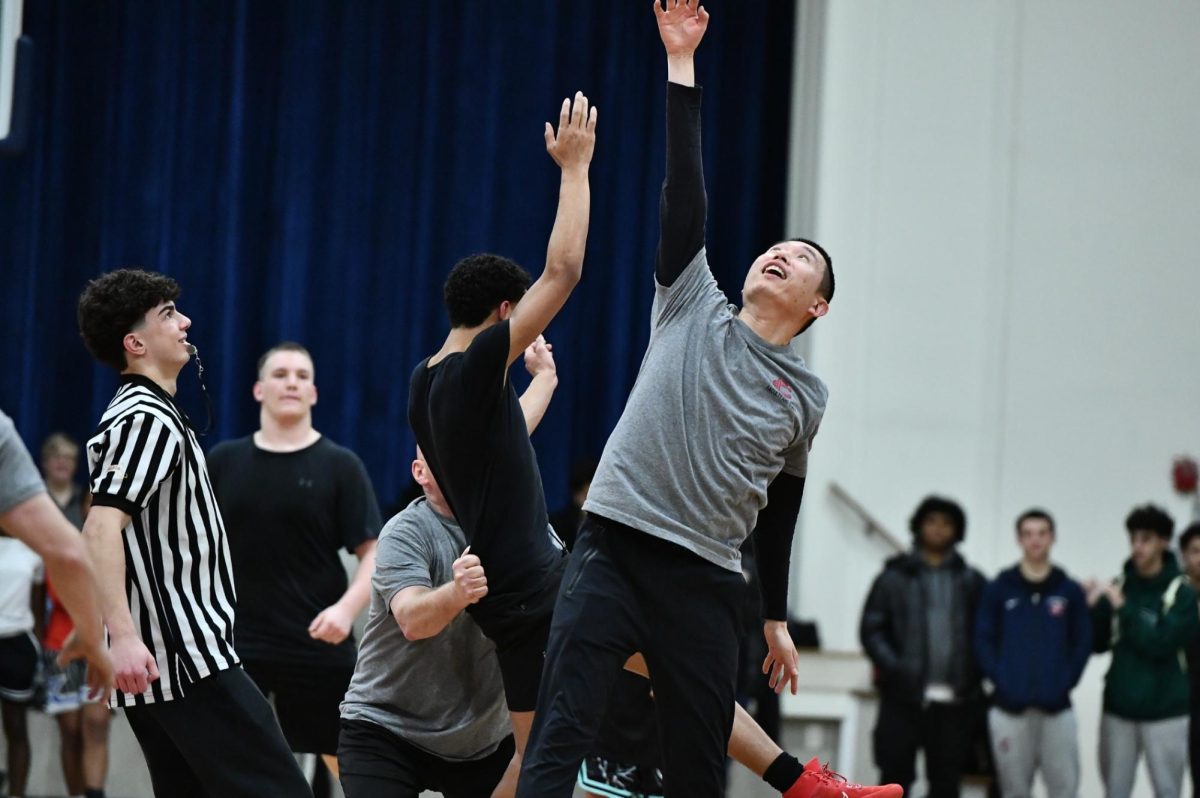By Dorie McNamara ’25
Is The Mental Toughness Narrative Pushed By Coaches Detrimental to High School Athletes Who Are Recovering From Injuries?
Have you ever experienced an injury (minor or major) as a result of participating in a sport? According to The National Board for Certified Counselors, approximately “8 million high school students play sports in America” and of these athletes “an estimated 5,228,791 sports injuries occurred nationally” each year.
This means that millions of athletes nationwide are affected and have had to recover from sports-related injuries every year. Even though the mental aspect of recovery is often overlooked, the recovery process is just as mentally grueling as it is physically. According to a study published by The American Journal of Sports Medicine, the 6 most common topics physicians discussed with patient-athletes were “fears about reinjury, fears related to surgery, lack of patience with recovery/rehabilitation, stress/pressure, anxiety, and burnout.”
To recover from sometimes catastrophic injuries, many athletes assume resilient mindsets. In fact, having a resilient mindset is proven to help an injured athlete’s rehabilitation process.
According to Podlog, “Emotions can impact [one’s] behavior and physical healing. If [someone is] stressed, for instance, that’s going to impact blood flow to the injured limb. And when [someone is] injured, [they] need blood flow to promote recovery.” Therefore, assuming a resilient mindset when coping with an injury will help the body in its overall healing process because resilient athletes can better overcome the mental challenges that come with suffering a sports injury, and therefore, have a more engaging rehabilitation process.
However, even though developing a resilient mindset has been proven to aid in an athlete’s recovery process, there are some drawbacks to this mindset; misunderstanding what resilience means or having too much resilience can be problematic.
Many athletes misunderstand the true meaning of resilience, which, according to Straw, “raises all kinds of issues, such as suppressing [their] emotions and feeling like any sign of weakness will make [them] a weaker player.”
Considering that suppressing emotions can lead to many negative effects on a person’s emotional well-being, the fact that many young athletes turn to suppression is very alarming. A study conducted by Ruan and his associates found that suppressing emotions “has been related to continued or worsened negative emotions and diminished positive emotions. In short, the weight of evidence indicates that suppression generally is a taxing, ineffective, and often maladaptive emotion-regulation strategy”
In addition, the PsychatricTimes found that “too much resilience can cause individuals to keep plowing through untenable circumstances and be unnecessarily tolerant of adversity. Goals may become unrealistic with undue conscious or unconscious denial.” Meaning that athletes coming back from an injury may continue to practice and play through pain, which could lead to more discomfort or even reinjury. Athletes may even aspire to reach unreasonable goals for themselves while coping with an injury and push themselves to return to playing too quickly.
The aforementioned research taken together prompts the conversation of whether or not resilience/mental toughness is detrimental to athletes. Now that you know the negative side of resilience, what is your stance on this discussion?

























Zachery Deschamp • Jun 2, 2024 at 7:09 pm
I found many details interesting from this passage. Including the number of sports injuries a year being over five million, and the fact that your emotions can affect the healing process.